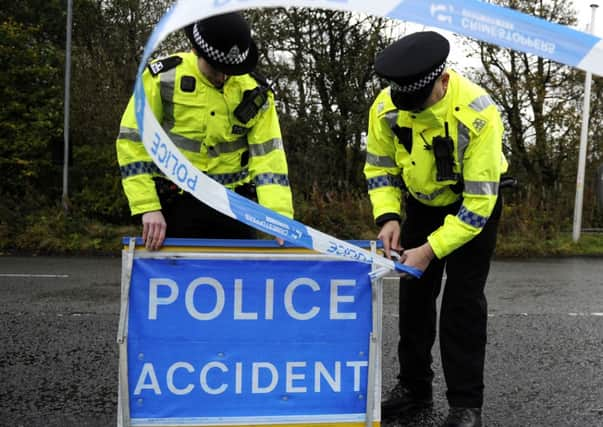Drink-drive limit is a step in the right direction


The measure had been supported by road safety campaigners and health groups, as you might expect, and also by the RAC and the Automobile Association.
The measure brings Scotland into line with much of the rest of Europe, including Northern Ireland and the Republic of Ireland and leaves England, Wales and Malta as the only parts of the EU with a limit over 50mg.
Advertisement
Hide AdAdvertisement
Hide AdEvidence that any alcohol can affect driving ability leads the Scottish Government to advise that the best approach is to have no alcohol at all if you intend to get behind the wheel.
Those who have been drinking the day before need to ensure they are alcohol-free when next driving.
So, for the first time since 1967, the drink-drive limit has been lowered in Scotland.
In view of the widespread public, political and professional support, why has it taken so long?
In order to take this step, the Scottish Parliament needed to secure the powers to do so because in 2011, the UK Government decided to keep the limit at 80mg, refusing to accept the recommendations of their own review to lower the limit.
The reason given for this was that the change would not “represent value for money”.
It is evident that some drinks industry groups were against a reduction. The British Beer and Pub Association, the Wine and Spirits Trade Association and the Gin and Vodka Association all lobbied the House of Commons Transport Committee against any change in the law.
It is interesting that these industry groups did not oppose the legislation in Scotland. The message here is that when a government makes it clear that they mean business, lobbyists read the signs.
Advertisement
Hide AdAdvertisement
Hide AdThe Scottish Government means business on alcohol; progress is being made on many fronts. There is more to be done on alcohol and driving, as there is on pricing and licensing, but this is a further step in the right direction.
• Dr Peter Rice is chairman of the Scottish Health Action on Alcohol problems